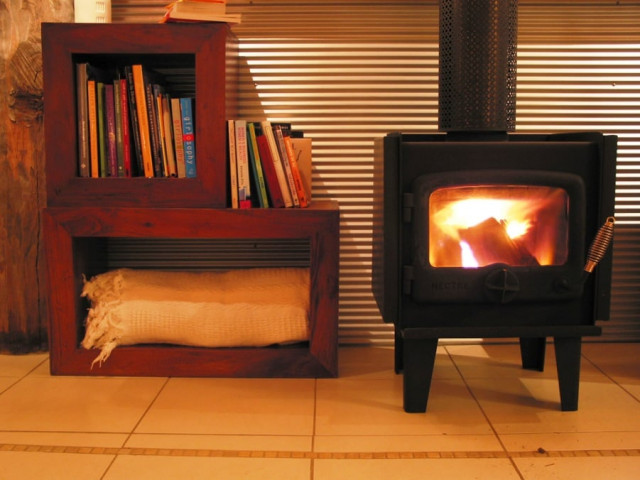Gas leak, fire incidents rise amid cold snap
City witnesses three fatal accidents in a week

Incidents of fire and gas leakage causing loss of lives at homes have increased in the provincial capital since a chilling cold span gripped the region.
At least five people were killed in three incidents of fire in homes in Lahore during the past week.
Initial investigations indicated that adequate safety and precautionary measures can help prevent such deadly accidents during the season.
A newlywed couple died on December 28 reportedly of suffocation due to poisonous gas leakage from an instant geyser in Mustafa Town.
The victims, Shariq and Humna, were married recently and had been living in their home in a private housing society near Canal Road.
They went to sleep at night but did not open the door when a family member went to see them in the morning. The police were alerted and they entered the house, where the victims were found unconscious in a room. Rescue 1122 teams were called for help, but they pronounced both the residents dead.
The bodies were taken to a morgue for autopsy.
Initial investigations showed that the man and his wife had died because of suffocation due to gas leakage from the geyser.
The instant geyser is deemed dangerous because of emitting poisonous gases during its operation. Its manufacturers and installers advise that it should be installed in wellventilated areas.
An official shared that the safety standard operating procedures (SOP) had been ignored while installing the geyser, which apparently had resulted in the deaths.
Two days earlier, two siblings had died in Raiwind after their attempt to turn on a heater while their parents were away caused gas leakage.
The children could not comprehend the severity of the threat to their lives and died of suffocation.
On December 24, a 40-year-old woman died due to burn injuries under unclear circumstances in Harbanspura.
Reportedly, Rabia Bibi, a resident of Taj Mahal Park, had lit a fire at her home because of the cold weather. However, her clothes accidentally caught fire. She suffered burn injuries that proved fatal.
Health and safety experts say the losses due to domestic fire incidents and suffocation increase manifold in winter largely because of human mistakes.
Sometimes, the incidents result from gas leakage and in other instances the victims die of suffocation after forgetting to switch off a heater.
There have also been incidents of gas cylinders exploding and in some cases the geysers installed without safety measures are found to be the cause of the fatal accidents.
The National Fire Protection Association (NFPA) has noted cooking, heating and electrical appliances as the main causes contributing to the outbreak of domestic fires.
“Cooking is the leading cause of home fires and is responsible for nearly half (49 per cent) of all reported home fires.
Moreover, unattended cooking is the leading cause of home cooking fires, meaning that home cooking fires occur most often when people aren’t keeping a close eye on what they’re cooking,” according to the international nonprofit organization.
“NFPA statistic show that heating equipment is the second leading cause of home fires,” a statement by the organisation reads.
The Building Code of Pakistan Fire Safety Provisions-2016 is based on the NFPA Fire Codes.
The emergency and firefighting services also vow to comply by these codes.
Among other precautions, the organisation asks users to remain in kitchen while cooking, use alarms to remind of time for baking and roasting and create a “kid-free zone” of at least one metre around the stove.
In heating precautions, it asks to remain at least a metre away from heating equipment, turn off the heater when leaving a room and install alarms to avoid the risk of carbon monoxide poisoning.
It also calls for the installation of smoke alarms in the houses and other buildings among various steps.



















COMMENTS
Comments are moderated and generally will be posted if they are on-topic and not abusive.
For more information, please see our Comments FAQ